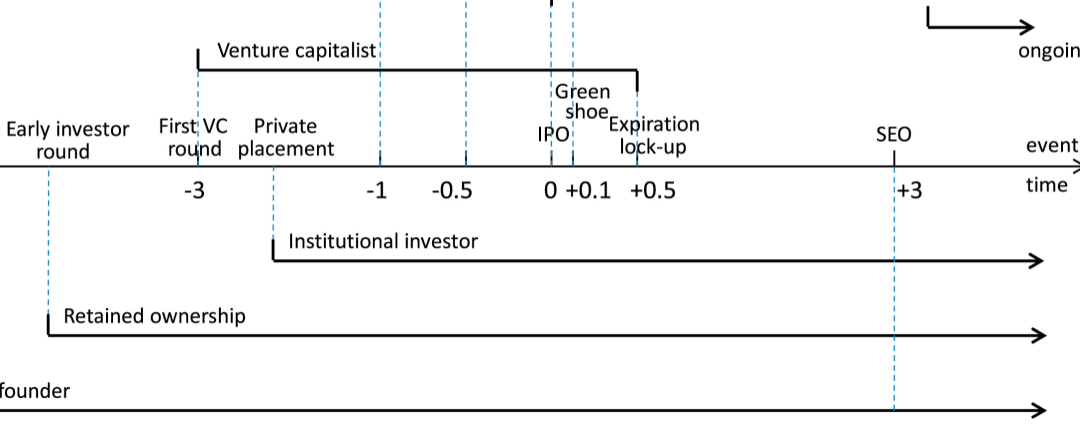An initial public offering (IPO) represents a unique milestone in the lifecycle of a firm. Yet, our understanding of the IPO phenomenon remains incomplete and marked by mixed findings. Using meta-analytical techniques on a sample of 123 empirical studies, we examine the factors that influence the short-term outcomes (i.e., underpricing and proceeds) and the long-term outcomes (i.e., financial performance and risk) of IPO firms. Our efforts yield few significant results for antecedents that prior research had proposed as effective signals of IPO firm quality, and we thus conclude that signaling theory is limited in its ability to capture the IPO process. Our findings, however, provide preliminary support for our contention that stakeholders influence short-term IPO outcomes depending on their temporal orientation. We also find strong support for our prediction that the IPO has consequences for long-term firm development. While high underpricing positively affects long-term firm performance, it also heightens long-term firm risk. Large proceeds result in higher long-term firm performance and lower firm risk, but they come at the expense of a higher percentage of equity being traded during the IPO.
Reference :
Peter-Jan Engelen, Pursey Heugens, Marc van Essen, Roxana Turturea and Nick Bailey. 2018. The Impact of Stakeholders’ Temporal Orientation on Short- and Long-Term IPO Outcomes: A Meta-Analysis, Long Range Planning, first published 26 October 2018: https://www.sciencedirect.com/science/article/pii/S0024630117305095


